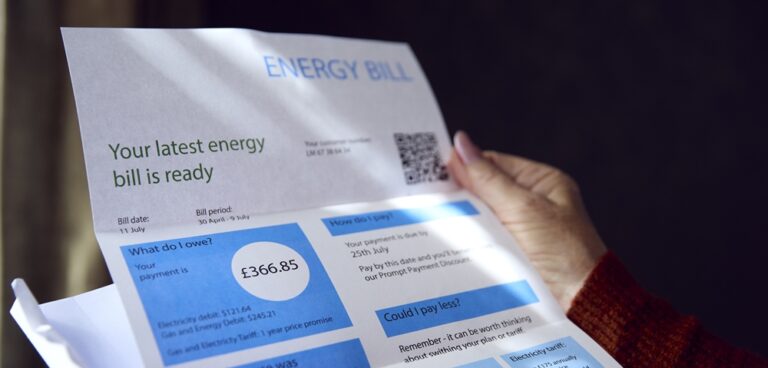According to data, the average small business energy bill in the UK can surpass £3,600 each year, and with rising energy costs crippling businesses around the country, how can business owners get the best energy deal possible?
Business energy experts, Utility Bidder, have shared 6 factors business owners should consider before switching to a new energy deal, including the best time of the year to switch.
1 – Don’t wait until the last minute
One of the biggest mistakes business owners make is leaving a new deal until the last minute, which can often result in their current deal renewing and potentially rising in cost. To avoid this, start looking for a new deal a few months before your current one is coming to an end, as this will give you enough time to search for a more affordable tariff.
2 – Understand your peak energy times
For most businesses, energy usage will peak during the winter months, meaning it’s important to avoid these busier periods before you switch to a new deal. To help drive your energy deal down, look for a new tariff during the spring and summer months when your business energy usage is lower, as this will then be reflected in your new deal.
3 – Don’t be caught out by early exit fees
If you’re a business owner who has been presented with a new deal that is cheaper than what you’re currently paying, it can be easy to jump ship before you have read the small print in detail. Before you start looking for a new deal, make sure to check if you have to pay an early exit fee with your current provider as you could potentially end up being worse off.
4 – Use a business energy comparison website
Similar to when you are looking for a new domestic energy deal, one of the best places to start to gather various quotes is from a business energy comparison website. Using a comparison platform will allow you to switch and save quickly and remove the additional time that would be consumed if you were to contact suppliers directly.
5 – Consider contract length options
Before agreeing to a new energy deal, it’s important to consider the length of the contract and what is best for your business based on current finances and a fluctuating energy market. The decision on whether a business should take out a 12, 24 or 36-month contract will be on a case-by-case basis and what is ultimately the best option for the business and its future plans.
6 – Fixed vs variable tariff
Agreeing to a fixed or variable tariff is one of the biggest dilemmas business owners face when it comes to agreeing to a new energy deal. Before agreeing to a new contract, it’s important to consider whether your business needs stability with a fixed tariff or whether you take a gamble with a variable deal which will fluctuate based on market prices.
Chris Shaw, CEO at Utility Bidder, has shared advice on when the best time is to switch your energy tariff:
“Although the exact figure is hard to determine, data has suggested that thousands of UK businesses have closed their doors over recent years due to rising energy costs, with the hospitality and pub industries being hit the hardest. Unlike consumers, business owners don’t have the safety net of a price cap, which means getting the most affordable deal on the market is more important than ever.
Before switching to a new energy deal, business owners need to consider several factors, such as their peak energy periods, early exit charges with their current supplier and the type of tariff they want to agree to.
At times, knowing when to switch your business energy deal can be a difficult decision, but it’s important to highlight your peak energy periods first. If you’re an office-based company then it’s more than likely that energy usage will peak during the autumn and winter months due to additional heating being needed.
With this in mind, try and switch your energy deal during periods where energy usage is lower, as this will be reflected in your new deal and could save you a considerable amount of money on your energy bill each year.”
You can find out more about how Utility Bidder can help businesses switch and save on their energy bills here – https://www.utilitybidder.co.uk/compare-business-energy/


